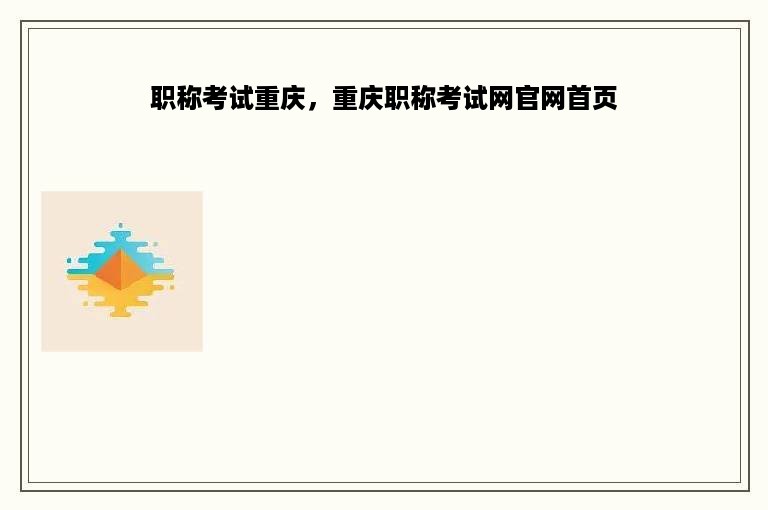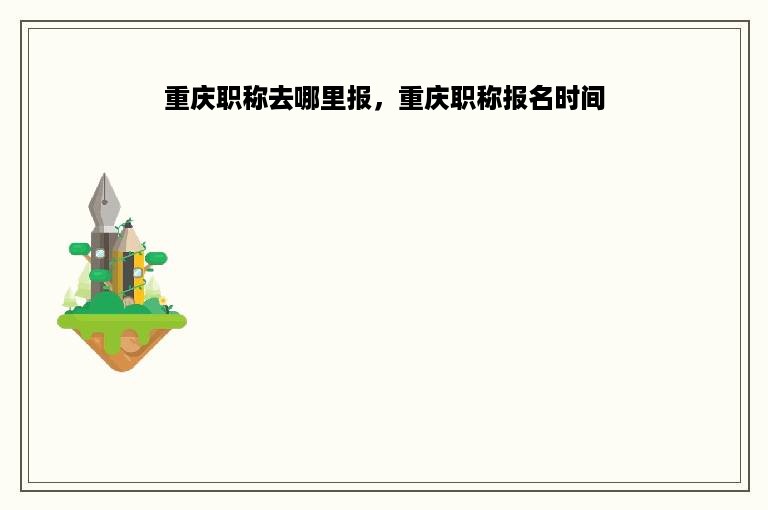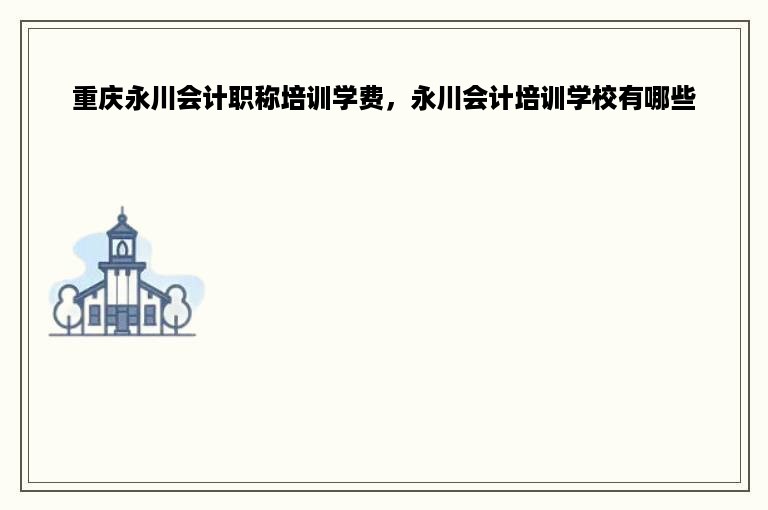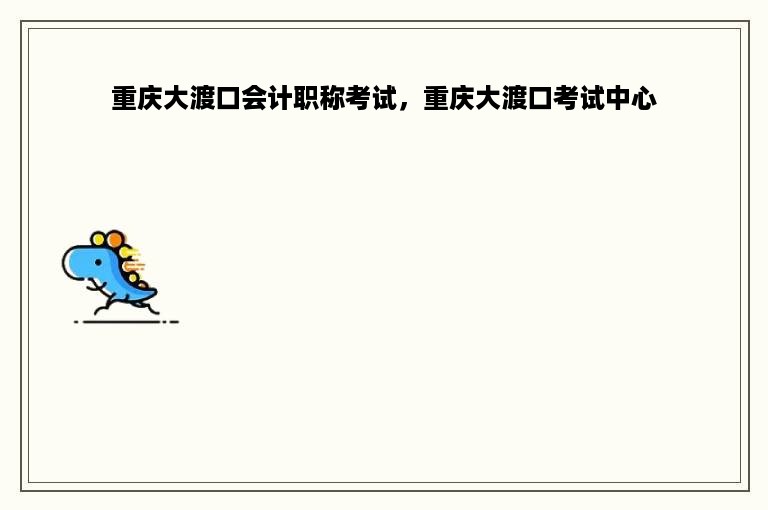职称英语真题《综合C》词汇选项
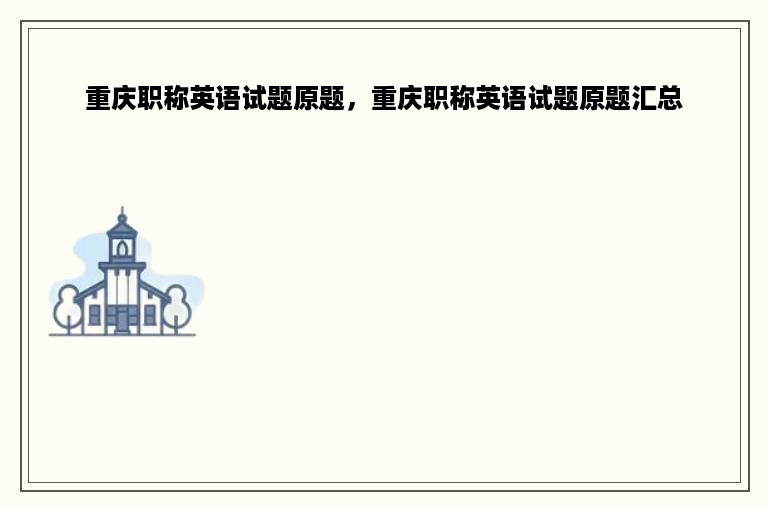
1. Railways are the most important mode of transport for the economy.

添加微信好友, 获取更多信息
复制微信号
A. way
B. factor
C. objective
D. source
2. The law carries a penalty of up to three years in prison.
A. message
B. punishment
C. guilt
D. obligation
3. He said some harsh words about his brother.
A. unkind
B. proper
C. normal
D. unclear
4. I am going as a favor to Ann because I have to.
A. partner
B. help
C. drive
D. guide
5. We need to identify the potential problem.
A. main
B. possible
C. immediate
D. common
6. When did you first encounter these difficulties?
A.create
B. experience
C. present
D. resolve
7. Don't tempt thieves by leaving valuable clearly visible.
A. attract
B. alarm
C. catch
D. spot
8. There is a need for radical changes in education.
A. long-term
B. short-term
C. revolutionary
D. systematic
9. Under the terms of the contract, you must give 3 months' notice before you leave.
A. rules
B. subjects
C. expressions
D. words
10. I realized to my horror that I had forgotten the present.
A. limit
B. fear
C. power
D. fool
11. It frustrates me that I'm not able to put any of my ideas into practical.
A. shows
B. surprises
C. frightens
D. discourages
12. The weather last summer was awful.
A. fair
B. dry
C. bad
D. hot
13. The doctors did not reveal the truth to him.
A. hide
B. handle
C. disclose
D. establish
14. My piano playing has improved significantly since I had a new teacher.
A. definitely
B. generally
C. certainly
D. greatly
15. He tried to assemble his thoughts. "
A. clear
B. share
C. gather
D. spare
答案与解析
1. A。题干:铁路对经济来说是最重要的交通方式。本题考查名词。划线单词mode的意思是“方式,模式”,四个选项way意为“方式, *** ”,factor意为“因素”,objective意为“目标”,source意为“来源”,四个选项中只有way有相同的含义。因而,该题答案为A。
2. B。题干:法律规定更高达3年的入狱惩罚。本题考查名词。划线单词penalty的意思是“惩罚,处罚”,四个选项message意为“消息,信息”,punishment意为“惩罚,处罚”,guilt意为“犯罪,罪恶”,0bligation意为“义务,责任”。因而,该题答案为B。
3. A。题干:他对他的兄弟说了一些难听的话。本题考查形容词。划线单词harsh的意思是“刺耳的,严厉的”,四个选项unkind意为“不友好的”,proper意为“正确的”,normal意为“正常的”,unclear意为“不清楚的”。因而,该题答案为A。
4. B。题干:我去是为安娜提供帮助,因为我必须这样做。本题考查名词。划线单词favor的意思是“支持,帮助”,四个选项partner意为“伙伴,同伴”,help意为“处理,解决”,drive作为名词意为“驱动力,驱使”,guide作为名词意为“指导,向导”。因而,该题答案为B。
5. B。题干:我们需要确认潜在的问题。本题考查形容词。划线单词potential的意思是“潜在的”,四个选项main意为“主要的”,possible意为“可能的”,immediate意为“立即的,马上的”,common意为“节省,抽出”。四个选项中possible与potential的语义比较接近,因而该题答案为B。
6. B。题干:你之一次遇到这些苦难是什么时候?本题考查动词。划线单词encounter的意思是“遇见,偶遇”,四个选项create意为“创造,创新”,experience意为“经历”,present意为“展示,赠与”,resolve意为“解决,决定”。experience与encounter在语义上最接近,因而该题答案为B。
7. A。题干:不要将贵重物品放在看得见的地方,这会引诱小偷。本题考查动词。划线单词tempt的意思是“引诱,怂恿”,四个选项attract意为“吸引”,alarm意为“警惕,警告”,catch意为“抓住”,spot意为“玷污,认出”。attract与tempt在语义上最接近,因而该题答案为A。
8. C。题干:教育需要根本性的变革。本题考查形容词。划线单词radical的意思是“根本的,基本的”,四个选项long—term意为“长期的”,short-term意为“短期的”,revolutionary意为“革命性的”,systematic意为“系统的”。四个选项分别代入后,revolutionary与radical从语境上看语义最接近,因而该题答案为C。
9. A。题干:基于合同的条款,你离开的话要提前三个月书面通知。划线单词term的意思是“条款,学期,任期,术语”,四个选项rule意为“规则,规章,条例”,subject意为“主体,主题”,expression意为“表达”,word意为“单词,话语”。因而,该题答案为A。
10.B。题干:我意识到我的恐惧就是我已经全然忘记了现在。本题考查名词。划线单词horror的意思是“担心,恐惧”,四个选项limit意为“限制”,fear意为“担心,害怕”,power意为“权力,力量”,fool意为“愚人,傻子”,四个选项中只有fear有相同的含义。因而,该题答案为B。
11.D。题干:我不能将我的想法付诸实践,这让我很受挫折。本题考查动词。划线单词frustrate的意思是“使受挫折,挫败”,四个选项show意为“展示表明”,surprise意为“使惊奇”,frighten意为“使害怕”,discourage意为“使气馁,使沮丧”。frustrate在语义上与discourage比较接近,因而该题答案为D。
12.C。题干:去年夏天的`天气很糟糕。本题考查形容词。划线单词awful的意思是“糟糕的,可怕的”,四个选项中fair的意思是“公平的,合理的,晴朗的”,dry意为“干的”,bad意为“坏的,不好的”,hot意为“热的,热门的,流行的”。因而,该题答案为C。
13.C。题干:这个医生并未告诉他真相。本题考查动词。划线单词reveal的意思是“揭示,揭露”,四个选项hide意为“隐藏”,handle意为“处理,解决”,disclose意为“公开,揭露”,establish意为“建立,确立”。因而,该题答案为C。
14.D。题干:我的钢琴弹奏已经有了显著提高。本题考查副词。划线单词significantly的意思是“显著地,相当地”,四个选项definitely意为“确定地,明确地”,generally意为“总地,一般地”,certainly意为“当然地”,greatly意为“大大地,非常”。因而,该题答案为D。
15.C。题干:他在努力组织他的想法。本题考查动词。划线单词assembly的意思是“ *** ,组装”,四个选项clear意为“清除”,share意为“分享”,gather意为“聚集, *** ”,spare意为“节省,抽出”。因而,该题答案为C。
职称英语《综合A》阅读理解试题及答案(2)
text three
Is There a Way to Keep the Britain's Economy Growing?
In today's knowledge economy, nations survive on the things they do best. Japanese design electronics while Germans export engineering techniques. The French serve the best food and Americans make computers.
Britain specializes in the gift of talking. The nation doesn't manufacture much of anything. But it has lawyers, stylists and business consultants who earn their living from talk, talk and more talk.
The World Foundation think tank says the UK's four iconic jobs today are not scientists, engineers,teachers and nurses. Instead, they're hairdressers, celebrities, management consultants and managers.
But can all this talking keep the British economy going? The British government thinks it can.
Although the country's trade deficit was more than —— 60 billion in 2006, UK's largest in the postwar period, officials say the country has nothing to worry about. In fact, Britain does have a world-class pharmaceutical industry, and it still makes a *** all sum from selling arms abroad. It also trades services accountancy, insurance, banking and advertising. The government believes Britain is on the cutting edge of the knowledge economy. After all, the country of Shakespeare and Wordsworth has a literary tradition of which to be proud. Rockn' roll is an English language medium, and there are billions to be made by their cutting-edge bands. In other words, the creative economy has plenty of strength to carry the British economy.
However, creative industries account for only about 4 percent of UK's exports of goods and services. The industries are finding it hard to make a profit, according to a report of the National Endowment for Science, Technology and the Arts. The report shows only 38 percent of British companies were engaged in "innovation activities", 3 percentage points below the EU average and well below Germany (61 percent) and Sweden (47 percent).
In fact, it might be better to call Britain a "servant" economy -- there are at least 4 million people "in service". The majority of the population are employed by the rich to cook,clean, and take care of their children. Many graduates are even doing menial jobs for which they do not need a degree. Most employment growth has been, and will continue to be, at the low-skill end of the service sector -- in shops, bars, hotels, domestic service and in nursing and care homes.
36. According to the World Foundation think tank, one of the iconic jobs in Britain today is
A. law makers.
B. business consultants.
C. home servants.
D. school teachers.
37. The phrase "the cutting edge" in Paragraph 3 is closest in meaning to
A. the most popular.
B. the most political.
C. the most advanced.
D. the proudest.
38. The officials are not worried about the trade deficit in 2006, because they believe
A. Britain is home to the largest pharmaceutical industry in the world.
B. the literary tradition of Britain will help make billions of pounds.
C. Britain is one cutting edge of the knowledge economy.
D. the world economy is strong enough to carry the Britain economy.
39. Which of the following is true about the creative industries in Britain?
A. They contribute a lot to the country's trade deficit.
B. They are not doing as well as those in other European nations. '
C. They can't make a profit out of their innovation activities.
D. They make Britain on the cutting edge of the knowledge economy.
40. It can be inferred from the passage that
A. the gift of talking can keep the British economy growing.
B. the British government is over-confident in its economy.
C. the British economy is the least innovative one in the EU.
D. being a servant to the rich is one of the best jobs in Britain.
text four
What's Killing the Bats
First it was bees. Now it is bats. Biologists in America are working hard to discover the cause of the mysterious deaths of tens of thousands of bats in the northeastern part of the country. Most of the bats affected are the common little brown bats (Myotis lucifugus), but other species, such as the long-eared bat, the *** all-footed hat, the eastern pipistrelle, and the Indiana bat have also been affected. In some cases, more than 90 percent of the bat populations have died.
One possibility is disease. A white fungus (真菌) known as fusarium has been found on the noses of both living and dead bats. However, scientists don't know if the fungus is the primary cause of death, a secondary cause of death, or not a cause at all, but the result of some other conditions.
Another possible cause is a lack of food. For example, bats typically eat a large number of moths (蛾), and in some states such as New York, the number of moths has been declining in recent years. If bats can't eat enough food, they starve to death.
Still other scientists believe that global warming is to blame. Warmer temperatures in recent years have been waking up hibernating (冬眠) bats earlier than usual. If bats break their hibernation at the wrong time, they might not find their expected food sources. The weather might also turn cold again and weaken or kill the bats.
Scientists might not agree on the causes of the bat die-off, but they do agree on the consequences.
Bats are an important predator of mosquitoes; a single brown bat can eat 1,000 or more insects in an hour. They also eat beetles and other insects that damage plant crops. If there aren't enough bats, damage will be great from the insects theyeat. While bats live a long time for their size -- the little brown bat can live for more than 30 years- a female bat has only one baby per year, so bat populations grow slowly. Many bat species in the United States are already protected or endangered.
How can you help? Do not disturb sleeping or nesting bats. If you discover bate that seem to be sick or that are dead, contact your local Fish Wildlife Department with the details. However, be careful not to touch the animals.
31. What is the main idea of this passage?
A. All species of bats in North America are dying.
B. Scientists already know the cause of the deaths of bats.
C. The bat deaths are a serious problem.
D. There are many possible causes of the deaths of bats.
32. What does the first sentence in Paragraph 1 mean?
A. Bees have been dying mysteriously.
B. The first article on the website is about bees.
C. Bees usually die before bats.
D. It was bees that caused the deaths of bats.
33. The word "pipistrelle" in Paragraph 1 refers to
A. a kind of fungus.
B. an area in the U.S.
C. a special cave.
D. a kind of bat.
34. The "moths" in Paragraph 3 are taken as an example of
A. diseases that kill bats.
B. Insects that bats eat.
C. animals that have diseases.
D. bat species that are starving to death.
35. What is the purpose of the last paragraph?
A. To get people to stop killing bats.
B. To hire workers for the Fish Wildlife Department.
C. To ask people not to touch dead bats.
D. To tell the public how to help bats.
职称英语一般会考哪些原题
您好!考试宝为您解答:
职称英语的考试阅读题目经常会在当年人事出版社的职称英语教材用书找到原有的文章.
一般情况下职称英语考试会从人事出版社教材中出30分左右的原题。主要分布在词汇部分(大约8-10道小题)、阅读理解(1篇文章,占15分)、完形填空(15分),但出原题的时候可能会在试题上做一些变化,文章是不会有变化的。所以,要以教材为主,若有时间可以用练习册上的试题作为练习用。
近年来职称英语考试即便出书中原题,文章虽不变但后面题目都会做调整,完型填空也会有变化。考试宝建议考生把书上这三个会出原题的部分看完,然后再把其它内容也看一看这样以不变应万变,做到原题心中有数,不论职称英语考试试题如何变化都能稳稳拿下。
职称英语考试试题
职称英语考试,主要有以下六种题型。
一是词汇选项,是给你一个句子,在句子当中给你找出一个单词划横线,在A、B、C、D四个选项当中,选出划横线的同义的单词。这个可以利用字典来解答这种题型(考试可以查询字典的)。
二是阅读理解题,是整个考试卷面当中,相对比较难的题。它虽然不是最难的题但是是占分值更大的题。
三是阅读判断题目,阅读判断,不同于阅读理解,除了将文章读完,找到题目对应的答案所在句之外,还需要将这个题目在原文中的句子和题目进行比较,最终得出是正确还是错误。
四是完型填空题型,最重要一点,完型填空,你至少应该用15分钟左右时间做完。对于完型填空,我们考生应该怎么样把握。
五是概括大意与完成句子,是把一篇文章考两遍。之一遍是考概括大意题,直接到指定段落当中寻找中心主题句的过程。第二是考完型句子,把之一句话的意思补全,要求他在意思上,语法上都与原文一致,而且语法必须要正确。
六是补全短文, 给出你大概230到250字的文章,从中拿出五个独立完整的句子,然后给你六个选项,要求考生读完后,顺序按原文章出现的形式,把文章恢复原貌。


